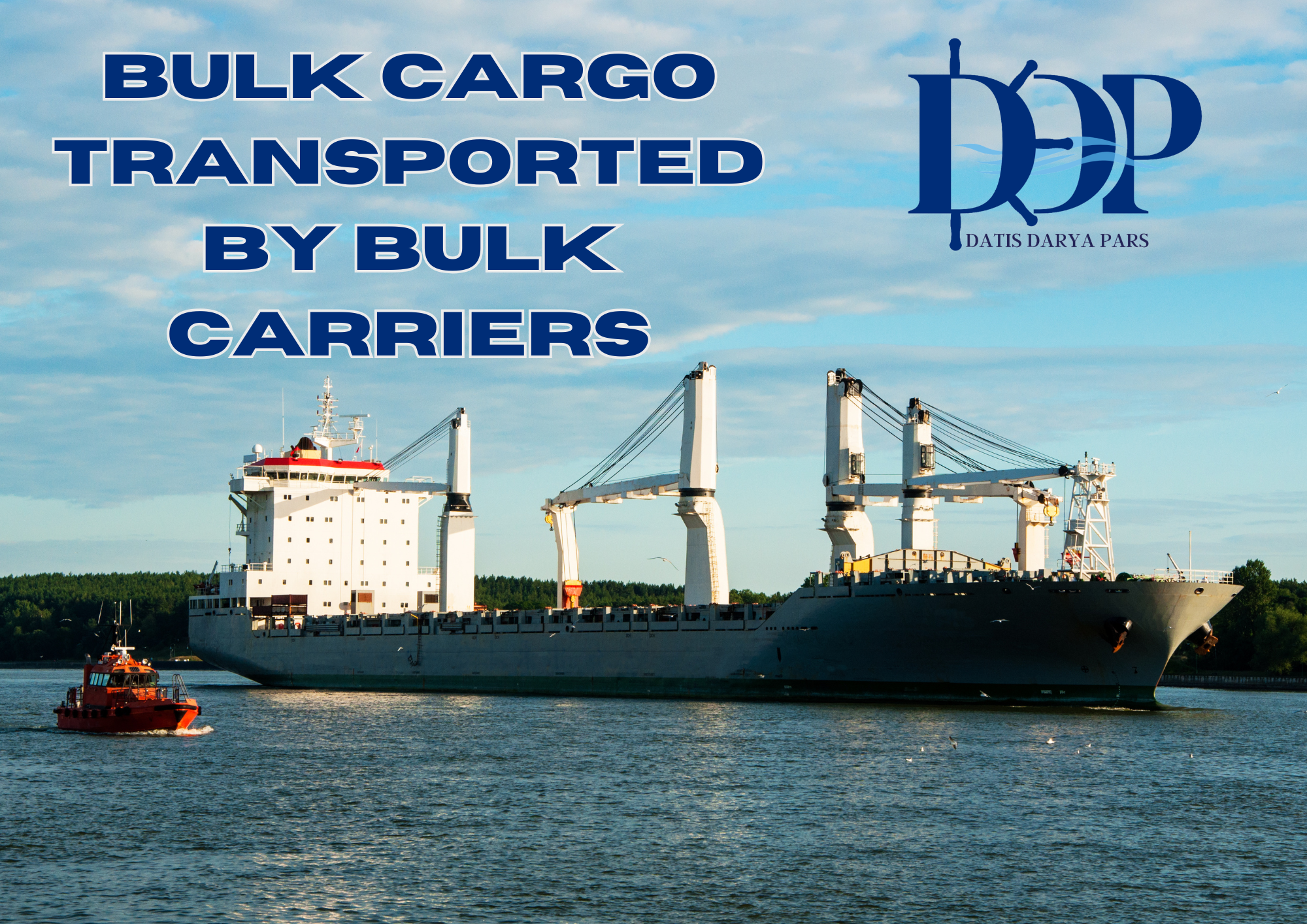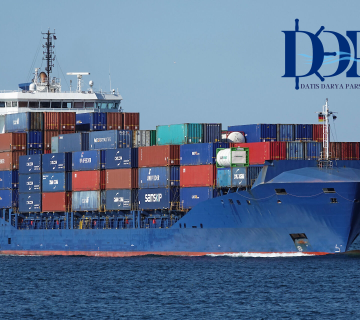Bulk Cargo Transported by Bulk Carriers
Bulk carriers are among the most important means of maritime transport for moving vast quantities of raw materials and unprocessed goods. These vessels are well-suited for transporting large, unpackaged cargo, especially those requiring no special packaging. This article examines the types of cargo mainly transported by bulk carriers and their significance in global trade.
Types of Bulk Cargo
Generally, bulk carriers are used to transport non-liquid and unpackaged goods. These items include industrial raw materials, bulk food products, and certain specific minerals. Below are some of the primary goods carried by bulk carriers:
- Minerals
One of the most significant cargo types for bulk carriers includes minerals like iron ore, coal, bauxite, and phosphate. These materials, used across various industries such as steel manufacturing, power generation, and chemical industries, are transported in bulk due to their large quantities. - Agricultural Products
Bulk agricultural products, including grains (wheat, corn, soybeans), sugar, and oilseeds, are also frequently shipped by bulk carriers. Given the high global demand for these products, transporting them by bulk carriers is highly cost-effective. - Chemicals and Fertilizers
Certain chemicals and types of mineral fertilizers, like phosphates and nitrates, are also transported via bulk carriers due to their large volumes and high transportation costs. - Wood and Wood Products
Raw timber, wooden boards, and other wood products, which take up considerable space, are also transported in bulk. These goods are widely used in construction and furniture manufacturing. - Metals and Scrap Metal
Metals such as copper, aluminum, and scrap metal are among the items transported by bulk carriers. These metals and scraps are shipped to various countries for recycling and reuse in production.

Reasons for Using Bulk Carriers
The use of bulk carriers for transporting the mentioned goods is popular due to lower costs and the ability to transport large quantities in a single load. This economical transport method is especially significant for countries that are major producers or importers of raw materials. Additionally, the flexibility in scheduling and adjusting transport speed based on market demands, along with higher load capacity, are other advantages of bulk carriers.
Advantages of Bulk Carrier Transport
- Reduced Transport Costs
Transporting goods by bulk carriers is more cost-effective than other methods, especially for large and heavy goods, due to the capacity to move large amounts at once. - Reduced Road and Rail Traffic
Transporting bulk goods by sea rather than by road or rail decreases traffic congestion and increases safety on these routes. - Reduced Environmental Pollution
By transporting large volumes of goods in one go, bulk carriers help reduce pollutant emissions, minimizing negative environmental impacts.
Challenges of Bulk Carrier Transport
While there are many advantages, challenges also exist in transporting goods via bulk carriers. These challenges include the risk of damage due to improper handling, the impact of weather conditions on shipping speed, and loading and unloading limitations. Additionally, insurance and maintenance costs for bulk carriers can be high.
Conclusion
Bulk carriers play a crucial role in global maritime transport by moving bulky and heavy goods. From minerals and agricultural products to chemicals and metals, a variety of essential goods are transported by these ships. Efficient use of bulk carriers not only reduces costs but can also relieve pressure on other transportation networks and reduce environmental harm. This is particularly important for global trade, and as international commerce continues to grow, the role of bulk carriers will keep expanding.

 then 'Add to home screen'
then 'Add to home screen' then 'Add to home screen'
then 'Add to home screen'



بدون دیدگاه